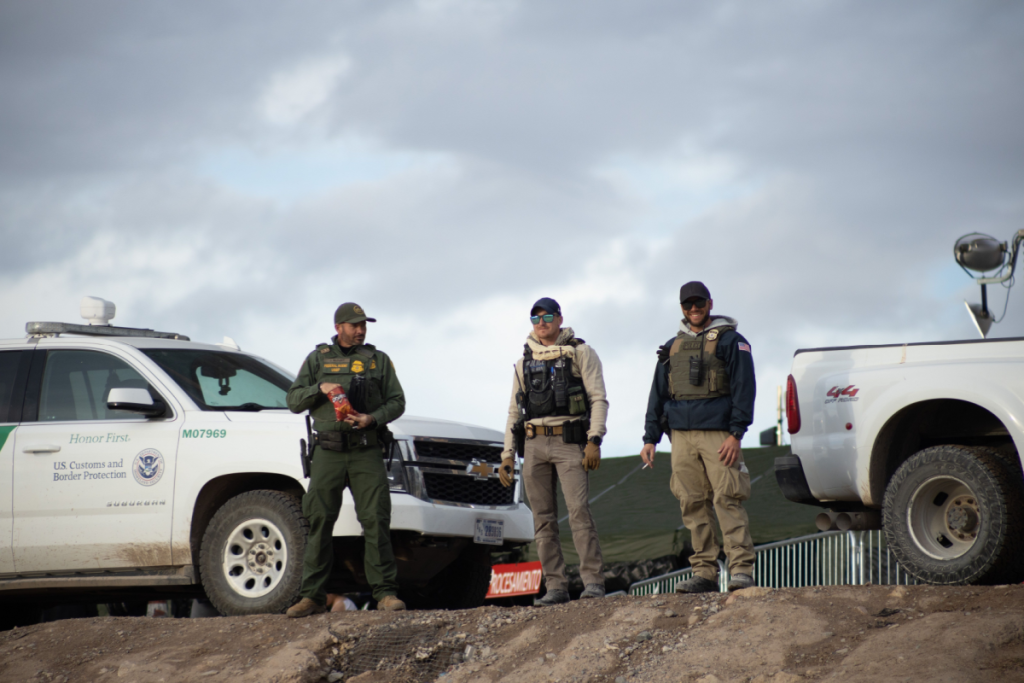Federal Court Confronts Operation Midway Blitz Tactics
A heated courtroom clash is unfolding in Chicago as U.S. District Judge Andrea Ellis ordered Border Patrol Chief Greg Bovino to appear in person following allegations that federal agents used tear gas unlawfully during “Operation Midway Blitz.” The operation, part of an aggressive deportation campaign, has drawn intense scrutiny over its treatment of protesters and local residents.
Lawyers representing several media organizations — including the Chicago Headline Club, Block Club Chicago, and the Chicago Newspaper Guild — have accused Bovino and federal agents of defying previous court orders. Attorney Steve Art argued in a filing that the Trump administration is “plainly in contempt” and urged the judge to issue sanctions and a complete ban on tear gas until a preliminary injunction is decided.
Judge Expands Deposition, Demands Accountability
Judge Ellis had already authorized a closed-door deposition of Bovino to determine whether agents are violating constitutional rights during enforcement operations. Initially limited to two hours, the deposition was extended to five after new accusations emerged that Bovino used tear gas against peaceful demonstrators in Little Village without warning or justification.
Just one day after the expansion, Ellis ordered the administration to produce Bovino “in person” for a separate hearing at the Dirksen Federal Courthouse. The decision reflects mounting judicial frustration over reports of excessive force and noncompliance with court mandates that require agents to issue two warnings before using “riot control” weapons and to wear visible identification numbers.
Conflicting Accounts Over Tear Gas Use
The Department of Homeland Security defended Bovino, asserting that agents deployed “riot control measures” only after being attacked by demonstrators who allegedly threw rocks and other objects, one of which struck Bovino in the head. DHS Assistant Secretary Tricia McLaughlin said agents “repeated multiple warnings” before responding.
However, plaintiffs’ attorneys insist that DHS’s statement is “a lie.” In filings, they claim the crowd in Little Village was peaceful and that Bovino initiated the conflict by firing tear gas without prior dispersal orders. Additional reports describe agents using tear gas in Lake View and tackling civilians in Old Irving Park, including an elderly man and others unarmed and nonviolent.
According to witnesses, “children were preparing for a Halloween parade” when agents descended on the neighborhood, leaving residents “terrified” by the sudden violence.
Potential Sanctions Ahead
Judge Ellis has several options if she finds Bovino in contempt, including sanctions or an outright prohibition on the use of tear gas by federal agents. The upcoming hearings and depositions could determine whether the administration’s enforcement actions have crossed constitutional boundaries.
For now, the courtroom confrontation underscores growing tensions between the judiciary and federal authorities as the government’s immigration enforcement tactics face unprecedented legal and public scrutiny.


